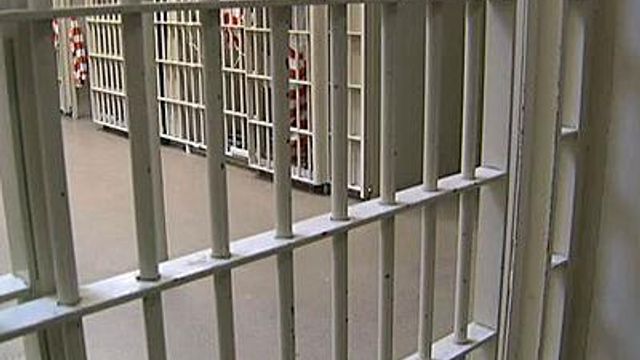State DWI law allows driving on pending charges
Wake County's district attorney believes the law should be changed so that people with pending DWI cases can be detained.
Posted — UpdatedMany of those drivers are repeat offenders, yet the state's legal system cannot keep those with pending charges off the road.
There are legal consequences of drunken-driving convictions, but there is no way to keep those who are arrested and awaiting trial off the road.
Michael Owen Eason's case is one example.
Eason, 39, of Cary, was convicted in February 2009 after registering a .15 blood alcohol concentration during an August 2008 arrest.
Two months later, a Raleigh police officer charged him with DWI after witnessing him crossing the center line of Brooks Avenue. Eason refused an alcohol breath test and his license was revoked.
In July, a Raleigh police officer noticed Eason swerving on South Dawson Street. He was arrested, and his license was revoked again.
In December, Eason was charged with a third DWI after a collision on Ashe Avenue. Witnesses reported Eason asleep at the wheel with a strong odor of alcohol.
Despite the conviction and arrests, Eason continues to drive legally. Following each DWI arrest, the magistrate increased Eason's bond, but state law allows little else.
"It's frustrating to us to see someone come back for the second, third or fourth arrest for what we view as a very dangerous offense," Wake County District Attorney Colon Willoughby said. "I'm sure the public is frustrated about it. They should be."
By law, the magistrate has very little authority to keep an accused drunken driver off the road. He or she is entitled to bond. Plus, the statute focuses on convictions, not pending cases.
"It's not specifically listed in the statute that they're to consider the dangerousness to the community," Willoughby said. "That, I think, is a shortcoming."
Willoughby believes the law should change so that someone considered a danger could be automatically detained on pending DWI cases.
"Here's a dangerous situation," Willoughby said. "The courts need to address it quickly."
Defense Attorney Whit Powell, who isn't involved in the Eason case, agrees that pending arrests should be considered to force faster judgments.
"You watch those cases and make sure that a person doesn't just rack up cases without ever going to court," Powell said.
He argues, however, that holding suspects without with a conviction crosses the line.
"Don't forget the Constitution," he said. "A man or a woman is innocent until proven guilty."
Craig Lloyd, executive director of North Carolina's MADD chapter, believes it is only matter of time before repeat offenders hurt someone. He suggests impounding vehicles or requiring an ignition interlock system after multiple arrests.
"When they've got the ability to get behind the wheel, they're going to do it whether they have their license revoked," he said.
Neither Eason nor his attorney could be reached for comment. He has court appearances for two of the three cases scheduled for Wednesday and Friday.
• Credits
Copyright 2024 by Capitol Broadcasting Company. All rights reserved. This material may not be published, broadcast, rewritten or redistributed.





